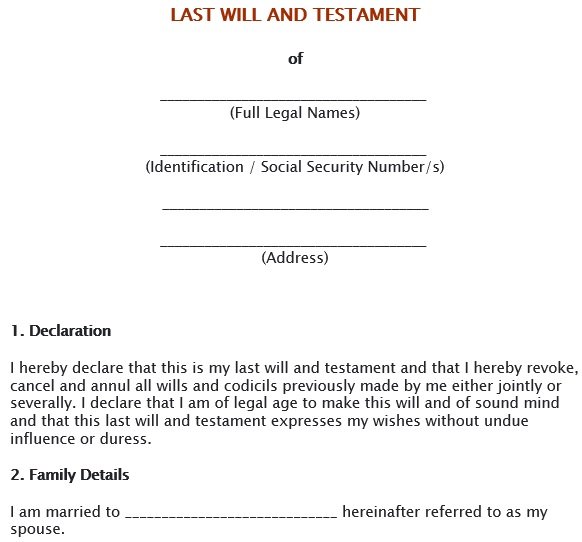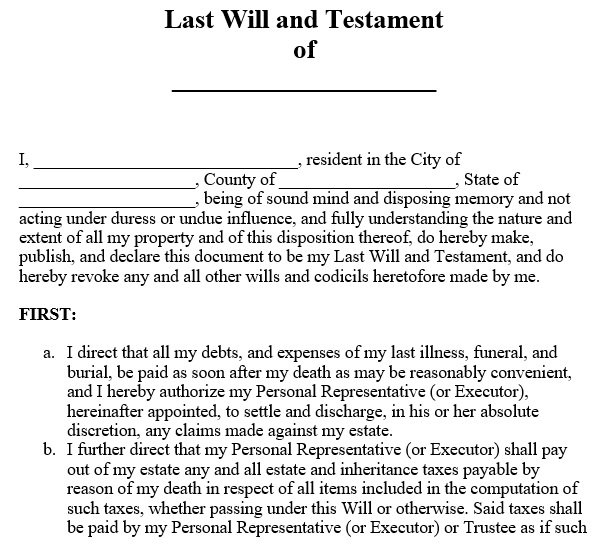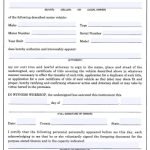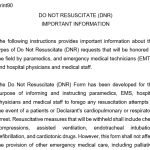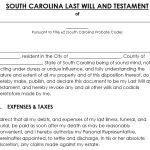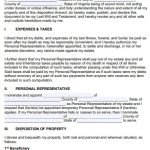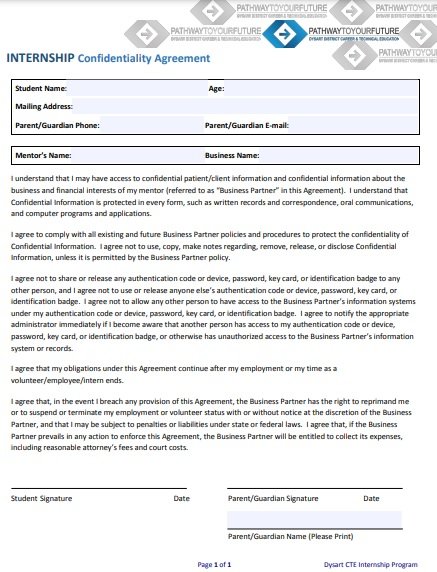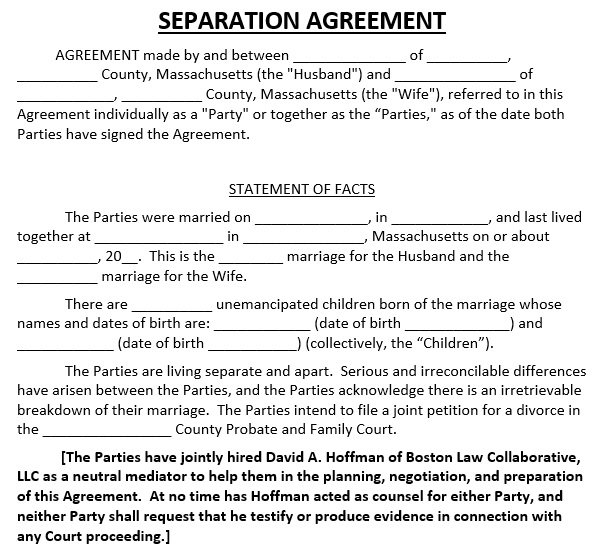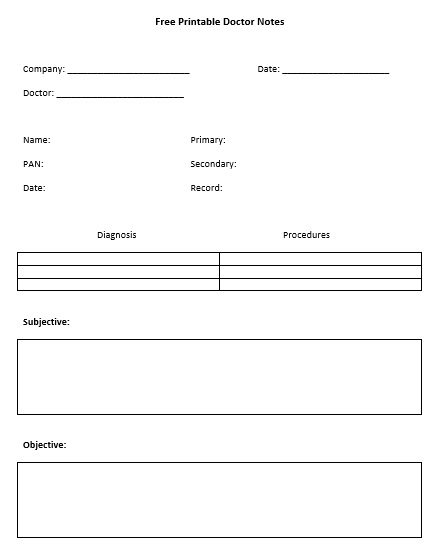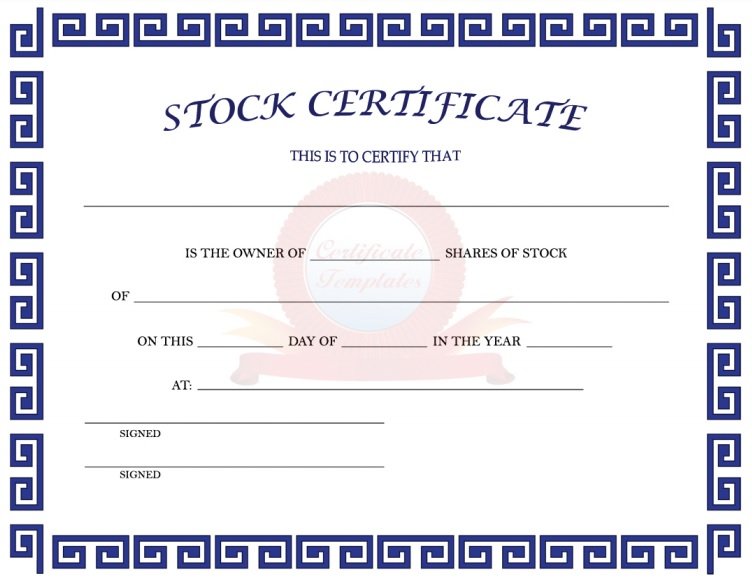The Last will and testament template is a type of document that describes how a person’s assets, personal property and investments are going to distribute after the death of a person. Moreover, this document is Last will. When there is a signature on the Will in front of two witnesses, you can share it with all the beneficiaries and the testator’s attorney. However, the criteria for signature is different in some states where the signature of two witnesses should be in the presence of the Notary Republic.
What is the Last Will and Testament?
A last will and testament is a legal type of document on how a person’s property will distribute after death. Moreover, when you are creating a will with the estate plan which is known as Testator. Further, you need to follow the wishes and the closest people take care of the things. However, there is a possibility that some people renew the will or make some amendment due to the following reasons:
- Marriage or Divorce(Due to death of one void the old will)
- Change in the property or amount own
- When you are moving to another state(All states don’t accept out-of-state will)
- Due to the death of an executor, trustee, guardian or big change in name of the beneficiary.
- When there is a birth of a new child or adoption of a child.
- Change in the tax laws
- When you are going to add or remove beneficiaries in the previous Will. You may also like Bubble Map Template.
A Will is a powerful tool that enables a Testator to make important decisions. Similarly, how their estate will handle while they are still capable of doing so. However, to make a Will, the Testator must be at least 18 years old and of sound mind. To be of sound mind, a testator must understand what they are signing, know the nature and amount of property they own and know the relatives or descendants who would usually share in their estate.
How to Use this Document?
This document explains how the estate of the Testator should divide among the individuals they name.
Explain the Testator’s Family
The testator must note down whether he/she is married. If so, the name of the spouse, as well as how many children he/she has. Similarly, for the Last will and testament template, it is important to include both the children and those who are adopted by the testator. Moreover, this will make sure that any future child is also covered under the Will. Even if the Testator does not intend to leave anything to his children, the children should be included in the family description. As a result, a Judge can be certain that the Testator intended to disinherit a child and did not overlook them by mistake in their Will.
Appoint an Executor
A Will must name an Executor. The Executor’s important role is to carry out the Testator’s wishes regarding the estate’s legal and financial matters. Similarly, executors are responsible for making sure beneficiaries receive the portion of the estate that has been described by the testator. Further, executors must be at least 18 years of age and not have been convicted of a felony to serve as executors. A beneficiary of the Will may be the Executor. Consequently, most people choose someone close to them who they can trust, such as their spouse or a child, to fill this role.
Name Beneficiaries
The Testator’s choice of beneficiaries is one of the most important parts of a Will. Beneficiaries are those who will inherit the contents of the testator’s estate, including all of the testator’s possessions and property, after the testator’s death. However, a testator may name specific people to inherit specific possessions, property, or cash assets in their Will. As an example, a mother might leave her engagement ring to her eldest daughter, or a father might leave $5,000 to each of his children to help them pay for college. The testator will also name who will inherit the residue, or remainder, of his or her estate, in addition to specific gifts. The residue represents everything that is not a specific gift. If the beneficiaries they have originally named die before they do and are therefore unable to inherit, they will name alternate beneficiaries. As a result, testators can name multiple beneficiaries to inherit their estate and may specify what percentage or fraction of the estate each beneficiary will receive.
Three Main Functions of a Will
In addition to these three main functions of a Will, the Testator can also name a Guardian for their children who are under 18 years old. Moreover, in the event, their other parent is not able to look after them, establish a trust account for their children. Further, assign a trustee to manage their inheritance until the children reach a certain age. In addition, name people who will care for their pets, and forgive any debts owed to them. Testators should sign and date their Wills in front of three witnesses after completing their Wills and reviewing them thoroughly to make sure that they accurately reflect their wishes. Similarly, the witnesses should also sign the will, attesting that the Testator could make these decisions when they signed the will. All witnesses should be 18 years old or older and not named as beneficiaries in the Will. In addition, the Testator should number each page and initial it at the bottom. As a last precaution, the Will also includes a notarization page for the notary to notarize. The Will should store somewhere for safekeeping after the signature and completion. For Instances, such as in a home safe or a bank safety deposit box. Additionally, a testator may give copies of the Will to people with whom he or she is close. Moreover, who they trust, such as a spouse or child.
Applicable Law
State law governs the creation and interpretation of Wills. When a testator passes away, he will be probated by a judge in state court. Each state has its laws. Moreover, one major difference is that in the minority of states that observe the Community Property regime. For Instance, in Arizona, California, Texas, Washington, and Wisconsin), a person may not disinherit a surviving spouse. Similarly, you can check who should entitle to a portion of the Testator’s estate? In every state except Louisiana, a Testator may disinherit his or her children in the Will. Every surviving child in Louisiana is getting a minimum share of their parents’ estates. An individual may also revoke their Will, or nullify it, according to state law. However, by striking out a particular provision, a Testator may revoke their Will in some states. Depending on the state, you can ignore or interpret it as rescission of the entire will. As a result, to revise or change their Will, testators should research the laws in their states. Further, they can contact an estate attorney if necessary.
printable last will and testament template
printable last will and testament form
fillable last will and testament template
last will and testament form template
printable last will and testament template 1
last will and testament example
free editable last will and testament form
free printable last will and testament form template
printable last will and testament template 2
Conclusion
A person (testator) can make a sworn statement about who will inherit real estate and personal property. Moreover, you can do it using the last will and testament template or will. All beneficiaries should receive the will after the signature as well as the testator’s attorney. Fill out a form. Moreover, you can create documents you answer the questions. The document should receive in Word and PDF formats. You can modify it and use it again.


